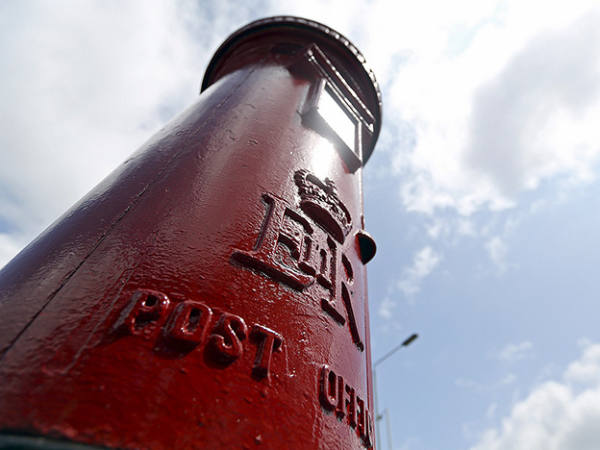British Land (BLND) has announced that it is resuming the payment of dividends, as the property titan said that footfall in the group’s properties was 21 per cent ahead of the benchmark. The quarterly update did not exactly blindside the market, though the share price ticked up in response to the news.
As of 1 October, 86 per cent of the group’s retail stores were open, with footfall at 84 per cent of the level achieved during the same period in 2019. Out-of-town retailers have led the way, with shoppers “more confident visiting open-air locations they can access by car and where social distancing can be more easily managed”. Occupancy rates across the retail portfolio remains high at 95 per cent as of 30 September.
Following on from the severe disruption experienced through March/April, rent collections in June came in at 98 per cent from offices and 57 per cent from retail, leading to an overall collection rate of 74 per cent. For September, British Land has already collected 69 per cent of its rents, made up by 91 per cent in offices and 50 per cent in retail.
Of the outstanding rent payments due between 29 September and 1 October, 8 per cent related to offices leases, while 44 per cent was due on retail premises.
Relative metrics may be recovering, but it could be argued that the government’s ban on non-essential retail merely accelerated industry trends that were already in evidence. The danger is that changes to shopping and working practices could become entrenched, with e-commerce and, indeed, remote working to the fore. The group notes that although its standalone office buildings have remained open throughout the last six months, physical occupancy remains low at around 18 per cent.
And we are unlikely to witness the full extent of the financial damage wrought on small and medium sized businesses until the cessation of the furlough scheme and other central government support measures. The group has already experienced an £11.6m reduction in annualised rents though an increase in Company Voluntary Arrangements and Administrations across the retail market, but the worst may not be over.








